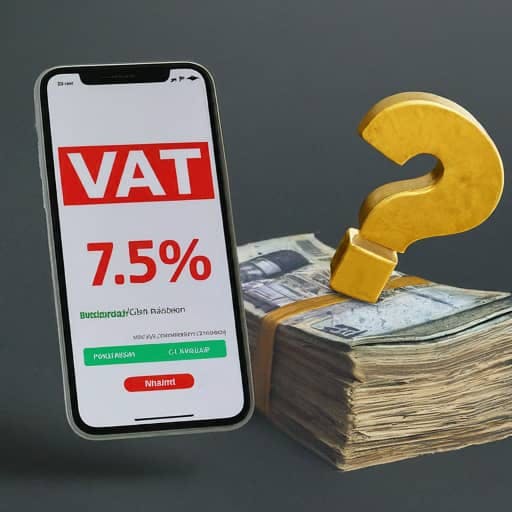204 reads
Nigeria's Crypto Conundrum: Taxing The Forbidden Fruit
by
July 8th, 2024
Audio Presented by

A seasoned blockchain journalist & legal consultant shaping crypto narratives and navigating regulatory minefields.
About Author
A seasoned blockchain journalist & legal consultant shaping crypto narratives and navigating regulatory minefields.
